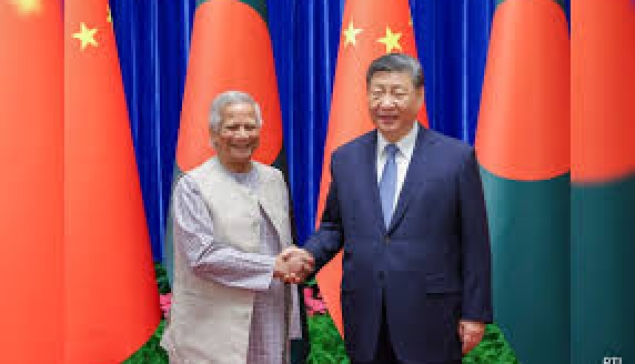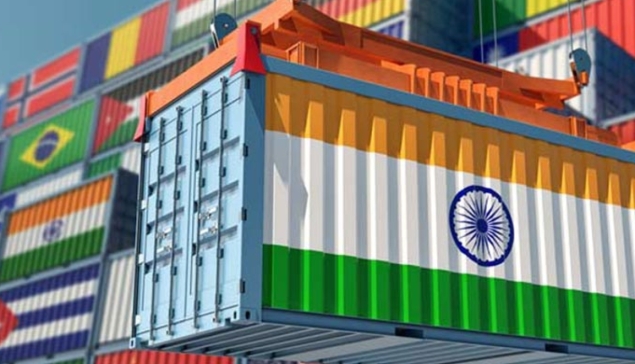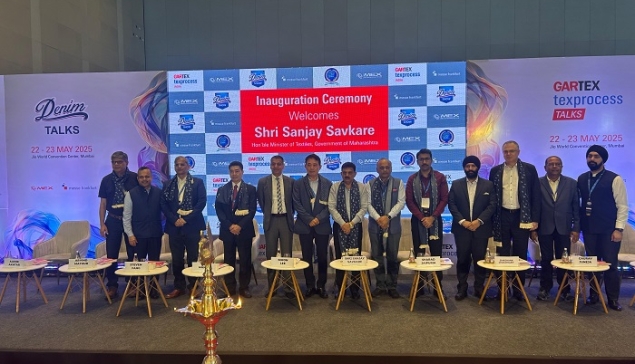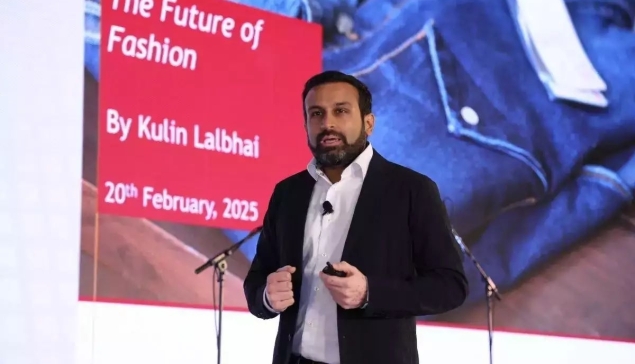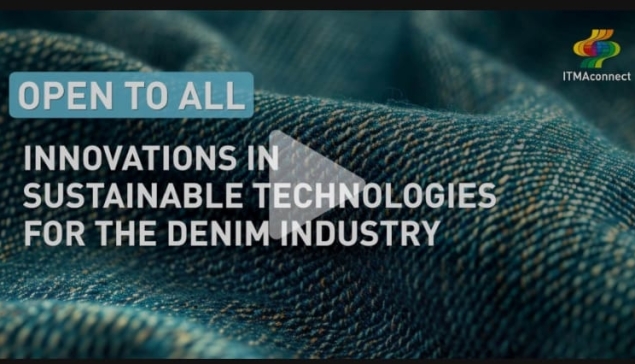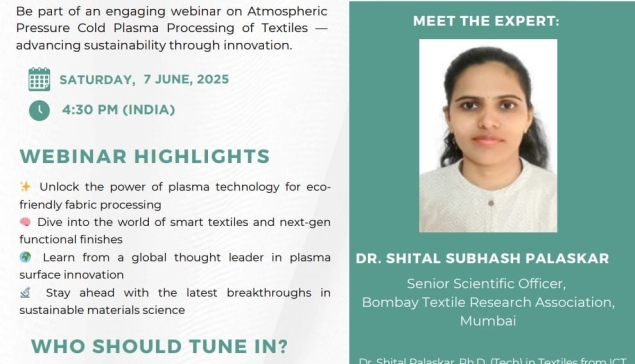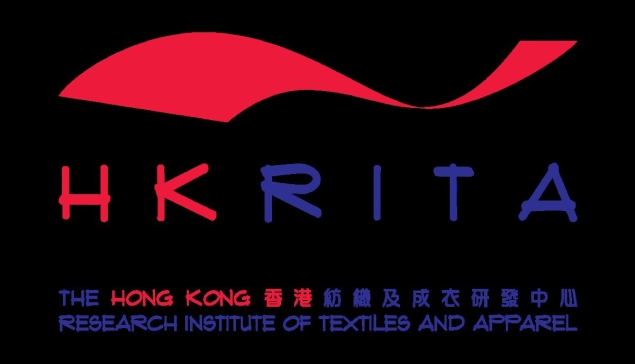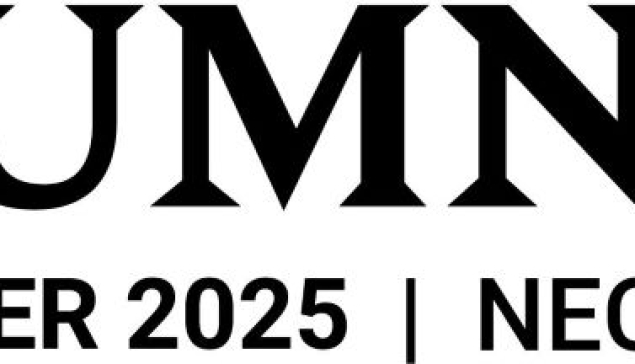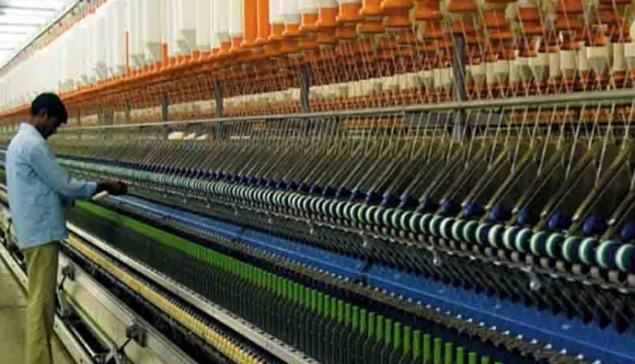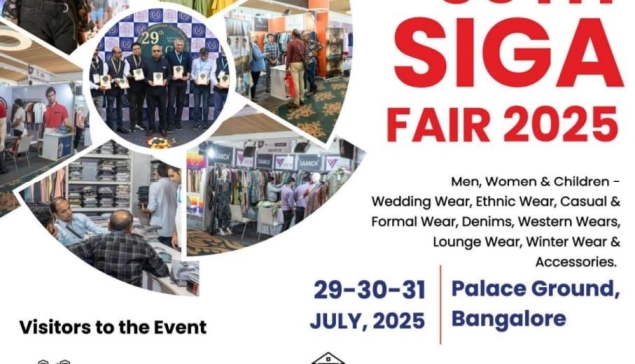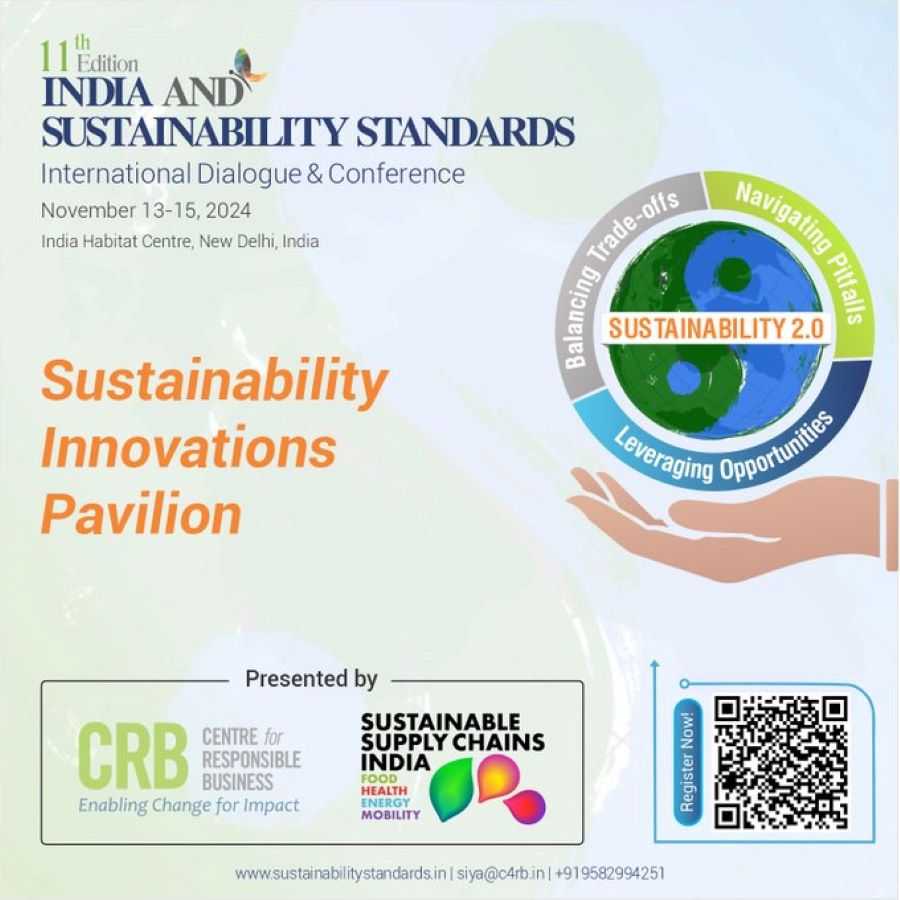Background
The adoption of renewable energy (RE) is becoming increasingly critical for the sustainable growth of small and medium-sized enterprises (SMEs) in India. Although renewable energy offers a clear pathway to reducing carbon emissions and enhancing energy efficiency, SMEs face significant challenges such as financial constraints, limited access to technology, and policy hurdles.
Addressing these issues is crucial to enabling widespread RE adoption within the sector, which plays a vital role in India's industrial landscape. The Centre for Responsible Business (CRB) and other partners involved in this session have been instrumental in promoting sustainability in the SME ecosystem, especially in the apparel and textile sector. CRB has been actively contributing by providing policy advocacy, ecosystem mobilization, and fostering industry engagement.
This session focused on identifying key roadblocks to RE transformation, exploring procurement opportunities, and developing practical solutions in the textile sector. The SME Climate Hub supports SMEs through the provision of free, high-quality tools for emissions measurement and reporting, knowledge sharing, and visibility for SMEs at national and international channels.
The Climate Pledge is a commitment to reach net-zero carbon emissions by 2040 that brings together hundreds of the world's top companies to accelerate joint action, cross-sector collaboration, and responsible change.
By fostering collaboration among industry leaders, policymakers, financial institutions, and civil society, the session aims to create actionable strategies to scale renewable energy adoption for textile sector SMEs, ultimately contributing to a more resilient and sustainable business ecosystem.
This session on renewable energy for textile SMEs is intricately linked to the overarching theme of the conference, "Sustainability 2.0: Leveraging Opportunities, Balancing Trade-offs, and Navigating Pitfalls."

